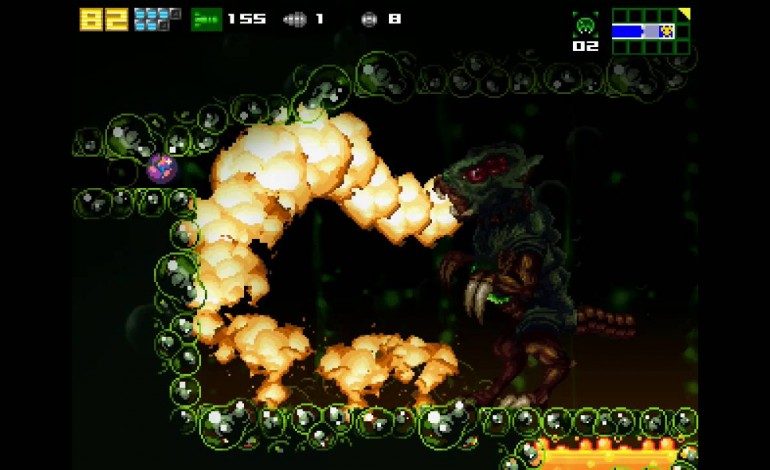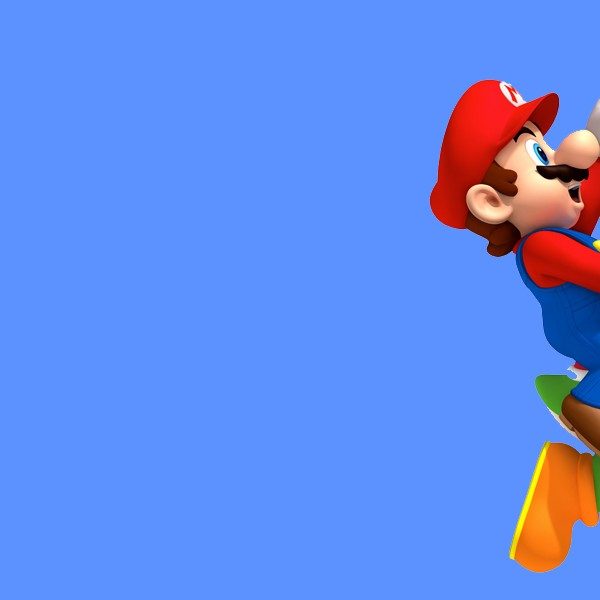

With the announcement that Nintendo will soon be releasing Metroid: Samus Returns, a 3D (or 2.5D) remake of the Game Boy title Metroid II: Return of Samus, some fans might recall a previous, highly praised effort to remake that game: the fan made game AM2R, other wise known as Another Metroid 2 Remake. Video game journalists called it impressive, the graphics and combat were greatly improved over the original, and it was even nominated for the Game Awards 2016. Then Nintendo sent a DMCA notice to the developer and the game disappeared from the web.
Some fans have asked why Nintendo is so hell bent on eradicating all unofficial fan games, as opposed to try working something out with the fan developers. In an interview with Waypoint, Nintendo of America president Reggie Fils-Aime was asked about “the line between fandom and actual creation.” Fils-Aime had this to say on behalf of Nintendo:
So, I think there needs to be clarity in what the line is, and, in our view, the line is when an initiative crosses from being an homage to something that is monetizing our IP.
This may sound confusing given that AM2R, like many other fan games, was free to download. Despite that, Fils-Aime still referred to it as a commercial product, prompting the interviewer to ask what Nintendo’s definition for a “commercial product” is exactly:
How do our creators… and Nintendo control that intellectual property so that we can drive where it’s going, versus someone else driving where it’s going… when it turns to driving the direction of the IP, or somehow monetizing or becoming a commercial project, that’s where for us, the line has been crossed.
That does make sense. Obviously, Nintendo wouldn’t want their fans’ games to become more popular than the official titles. So, if you do decide to make a fan game, make sure there’s nothing new or innovative about it at all. Just make a standard, by-the-numbers game and you’re good.
Metroid: Samus Returns is scheduled for release on the Nintendo 3DS in September 2017.
Play games, take surveys and take advantage of special offers to help support mxdwn. Every dollar helps keep the content you love coming every single day.

